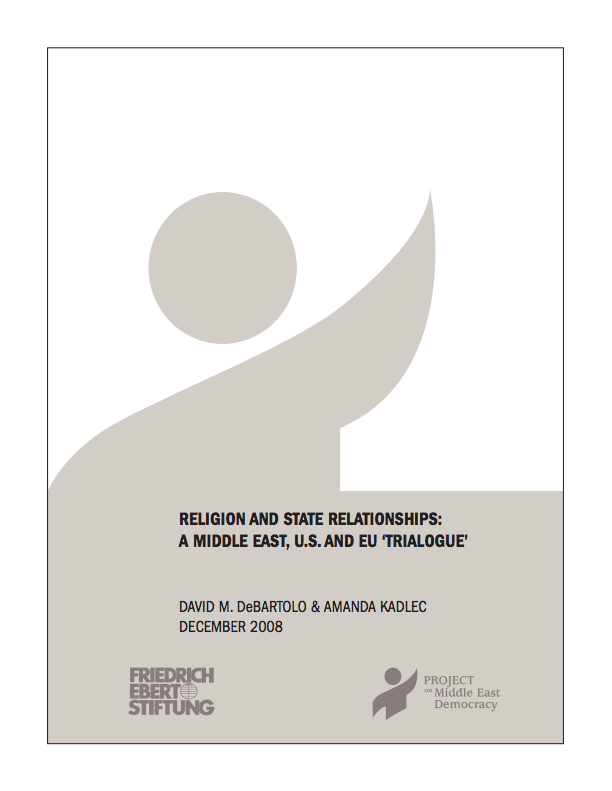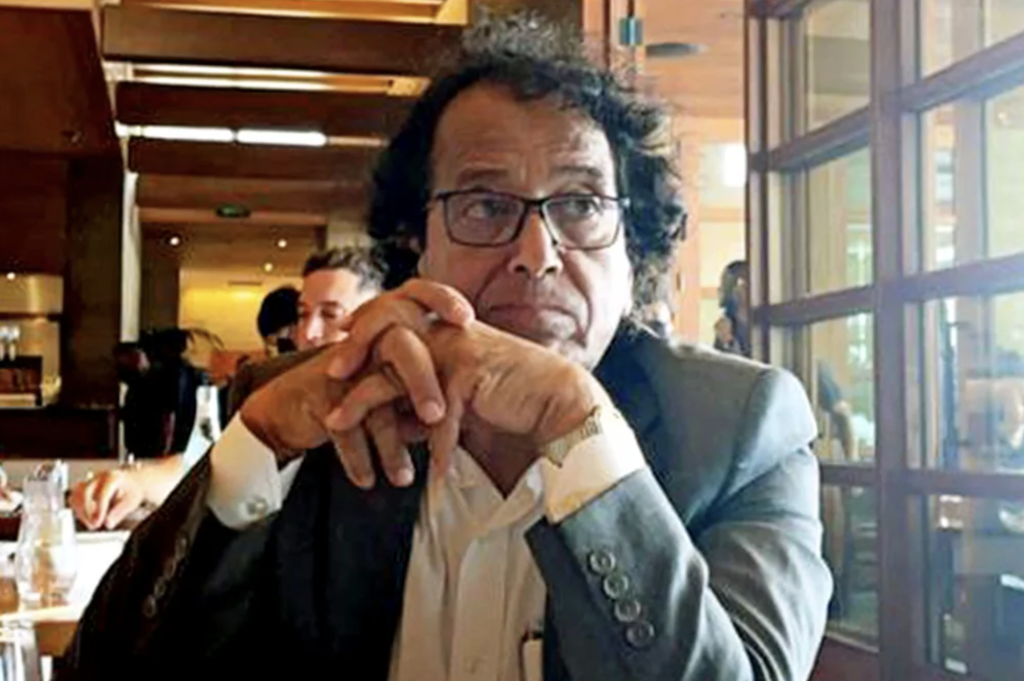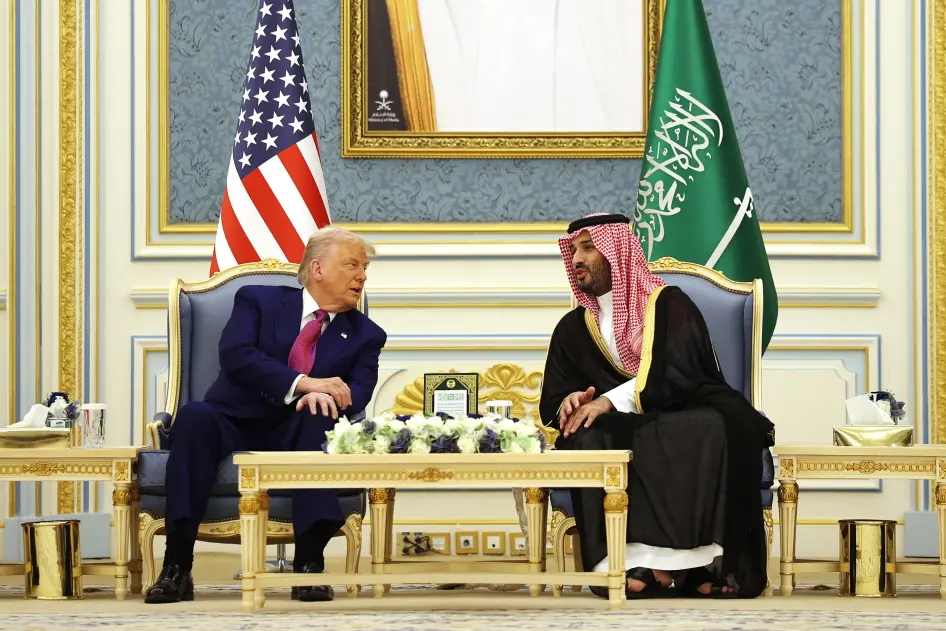For a full text copy of the report, click here.
Since the terrorist attacks of 2001 the United States has undergone significant changes in attitudes towards the Middle East, Muslims both at home and abroad, and particularly the foreign and dynamic concept of political Islam.  The American Constitution provides that the government shall not establish a religion, and that American citizens are free to worship in accordance with their beliefs. Europeans have vastly divergent systems, from strict secularism in France to an established religion in the United Kingdom. And in the Middle East, political Islamists and other political organizations contest the appropriate role of shari’a, Islamic law. These conflicting value systems illustrate the diverse roles that religion can play in public life, even in advanced democracies. Discussions on the relationship between religion and state are common conversations to have. But fundamentally different perspectives may also create fear and misunderstanding on all sides, even as Americans, Europeans and Middle Easterners struggle internally to define a suitable relationship between religion and state. Democracy in the Middle East will mean, at least in some countries, that Islamist political parties will come to power, as the AKP has recently done in Turkey.
The American Constitution provides that the government shall not establish a religion, and that American citizens are free to worship in accordance with their beliefs. Europeans have vastly divergent systems, from strict secularism in France to an established religion in the United Kingdom. And in the Middle East, political Islamists and other political organizations contest the appropriate role of shari’a, Islamic law. These conflicting value systems illustrate the diverse roles that religion can play in public life, even in advanced democracies. Discussions on the relationship between religion and state are common conversations to have. But fundamentally different perspectives may also create fear and misunderstanding on all sides, even as Americans, Europeans and Middle Easterners struggle internally to define a suitable relationship between religion and state. Democracy in the Middle East will mean, at least in some countries, that Islamist political parties will come to power, as the AKP has recently done in Turkey.
Islamists have a clear political message that appeals to a wide segment of society, strong organizational skills and resources, and candidates perceived as honest and qualified. As political reform unfolds in the Middle East, Middle Easterners will decide for themselves basic political questions – including the relationship between religion and state – through democratic means, as Americans and Europeans have done and continue to do. There is no single correct answer to such questions; the relationship between religion and state differs dramatically in established democracies across the world. As Middle Easterners confront these questions, and as Americans and Europeans engage with them about the process of reform, it bears remembering that all political parties committed exclusively to democratic means are legitimate players in the political game.
On October 6, 2008, the Friedrich-Ebert-Stiftung (FES) and the Project on Middle East Democracy (POMED) brought together four panelists from varying backgrounds to discuss the influences of faith on government. Geneive Abdo, a veteran Middle East journalist, Bob Edgar, an American Christian religious leader and former Congressman, Dietmar Nietan, a German foreign policy advisor to the Head of the Social Democratic Caucus in the European Parliament, and Ibrahim Houdaiby, a member of the Egyptian Muslim Brotherhood, each provided unique insights on the delicate balance between politics and religion in the American, European, and Middle East contexts. This paper will draw on the results of the panel discussion and expand upon some key points.



